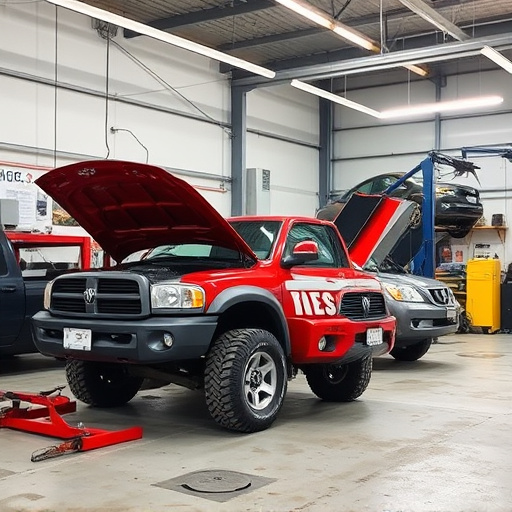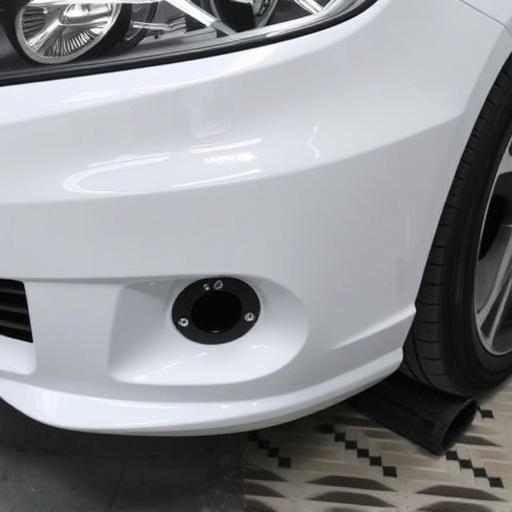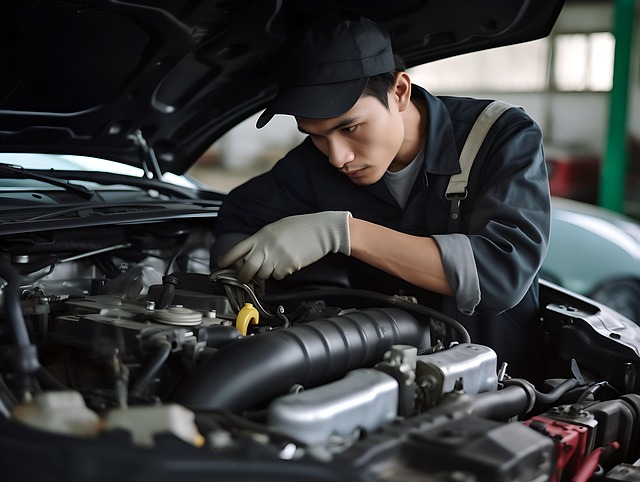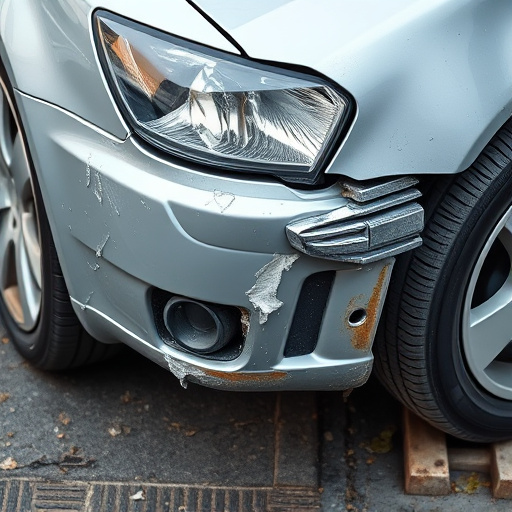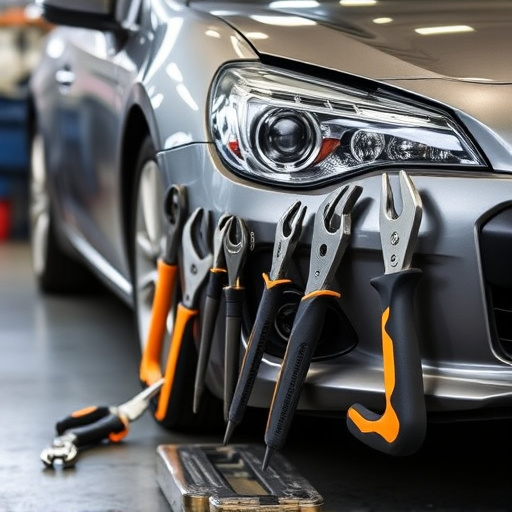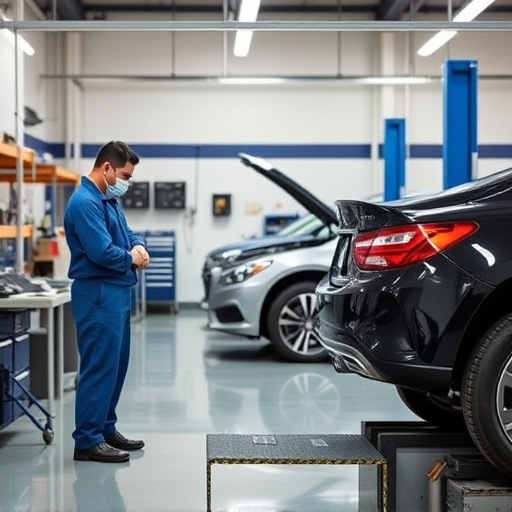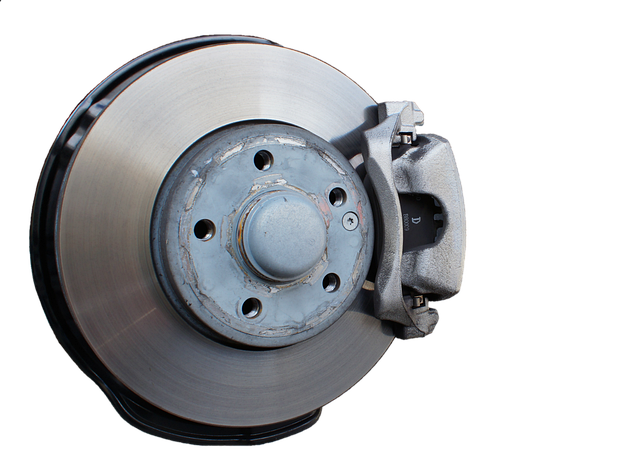The Environmental Protection Agency (EPA) sets strict standards for auto collision centers and car bodywork services, focusing on managing hazardous materials like lead, VOCs, and asbestos responsibly. EPA-compliant body shops prioritize environmental protection by employing eco-friendly practices such as water-based paints, proper waste containment, and recycling programs. These compliant shops not only minimize pollution and waste but also promote sustainability, making them an ideal choice for environmentally conscious consumers seeking reliable and responsible vehicle repairs, including paintless dent repair and auto glass repair services.
Choosing an EPA compliant body shop offers significant advantages for both vehicle owners and the environment. The Environmental Protection Agency (EPA) sets vital regulations to mitigate the ecological impact of automotive repairs, ensuring safe disposal of hazardous materials and promoting sustainable practices. This article explores why EPA compliance matters, delves into its benefits, and provides guidance on identifying reputable, compliant body shops. By selecting such a shop, you contribute to a greener future while securing high-quality repairs.
- Why EPA Compliance Matters for Environmental Protection
- – The role of the EPA and its regulations in automotive repairs
- – Environmental impact of non-compliant practices
Why EPA Compliance Matters for Environmental Protection

The Environmental Protection Agency (EPA) sets standards to ensure that businesses handle hazardous materials responsibly and minimize their impact on the environment. For an EPA compliant body shop, adhering to these regulations is not just a legal requirement but also demonstrates a commitment to environmental protection. When you choose an EPA-compliant auto collision center or car bodywork services provider, it means they use approved methods and materials for vehicle dent repair, minimizing pollution and waste generation during the repair process. This compliance significantly reduces the release of toxic substances into the air and water, protecting local ecosystems and communities.
Moreover, these standards encourage the use of eco-friendly products and techniques, such as water-based paints and low-VOC (volatile organic compound) coatings, which not only benefit the environment but also lead to higher quality repairs with better durability. An EPA compliant body shop prioritizes safety for both its workers and customers, ensuring a healthier atmosphere during vehicle restoration processes. This commitment to sustainability is increasingly important in today’s conscious consumer market, making it a smart choice for those seeking reliable and environmentally responsible car bodywork services.
– The role of the EPA and its regulations in automotive repairs

The Environmental Protection Agency (EPA) plays a crucial role in ensuring that automotive repairs are conducted in an environmentally responsible manner. With strict regulations in place, EPA-compliant body shops are mandated to follow specific guidelines for managing and disposing of hazardous materials commonly used in vehicle collision repair. These include harmful substances like lead from paint, volatile organic compounds (VOCs) from paints and solvents, and asbestos from certain automotive parts.
By adhering to EPA standards, these body shops not only protect the environment but also ensure consumer safety. They employ eco-friendly practices such as using water-based or low-VOC paints, proper containment systems for hazardous waste, and efficient recycling programs. This commitment to sustainability sets them apart from traditional auto body shops, making EPA-compliant body shops a smart choice for consumers conscious about both their vehicle’s health and the environment.
– Environmental impact of non-compliant practices
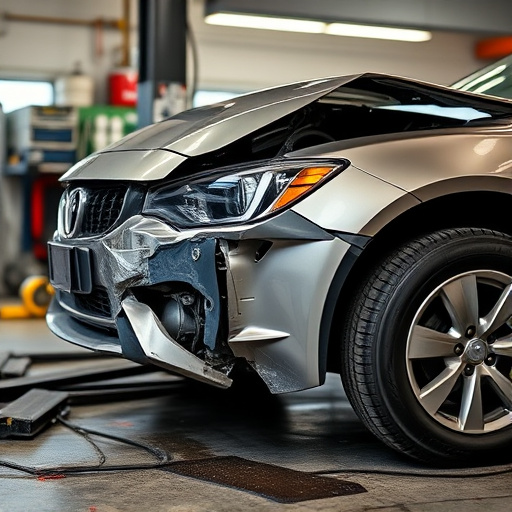
The environmental impact of non-compliant practices in the automotive repair sector cannot be overstated. Many traditional body shops use techniques and materials that release harmful pollutants into the air and water, contributing to air and water pollution. These include the emission of volatile organic compounds (VOCs) from paints and solvents, as well as the disposal of toxic waste without proper treatment or recycling. This not only poses risks to nearby communities but also disrupts local ecosystems.
Moreover, non-compliant shops often generate significant amounts of waste, including plastic, metal, and chemical byproducts, which can end up in landfills if not properly recycled. In contrast, an EPA compliant body shop prioritizes sustainability by employing eco-friendly materials, minimizing waste, and adopting advanced technologies that reduce pollution. By choosing such a shop for repairs, whether it’s for paintless dent repair, car body restoration, or auto glass repair, individuals contribute to a greener future while ensuring their vehicle is restored to its best condition.
Choosing an EPA compliant body shop is not just a smart decision for your vehicle’s repair; it’s a responsible one. By adhering to EPA regulations, these shops ensure that automotive repairs minimize environmental harm. This commitment prevents toxic substances from entering our ecosystems and promotes a sustainable future. So, when you opt for an EPA compliant body shop, you’re contributing to a greener world without compromising on the quality of your car’s restoration.


